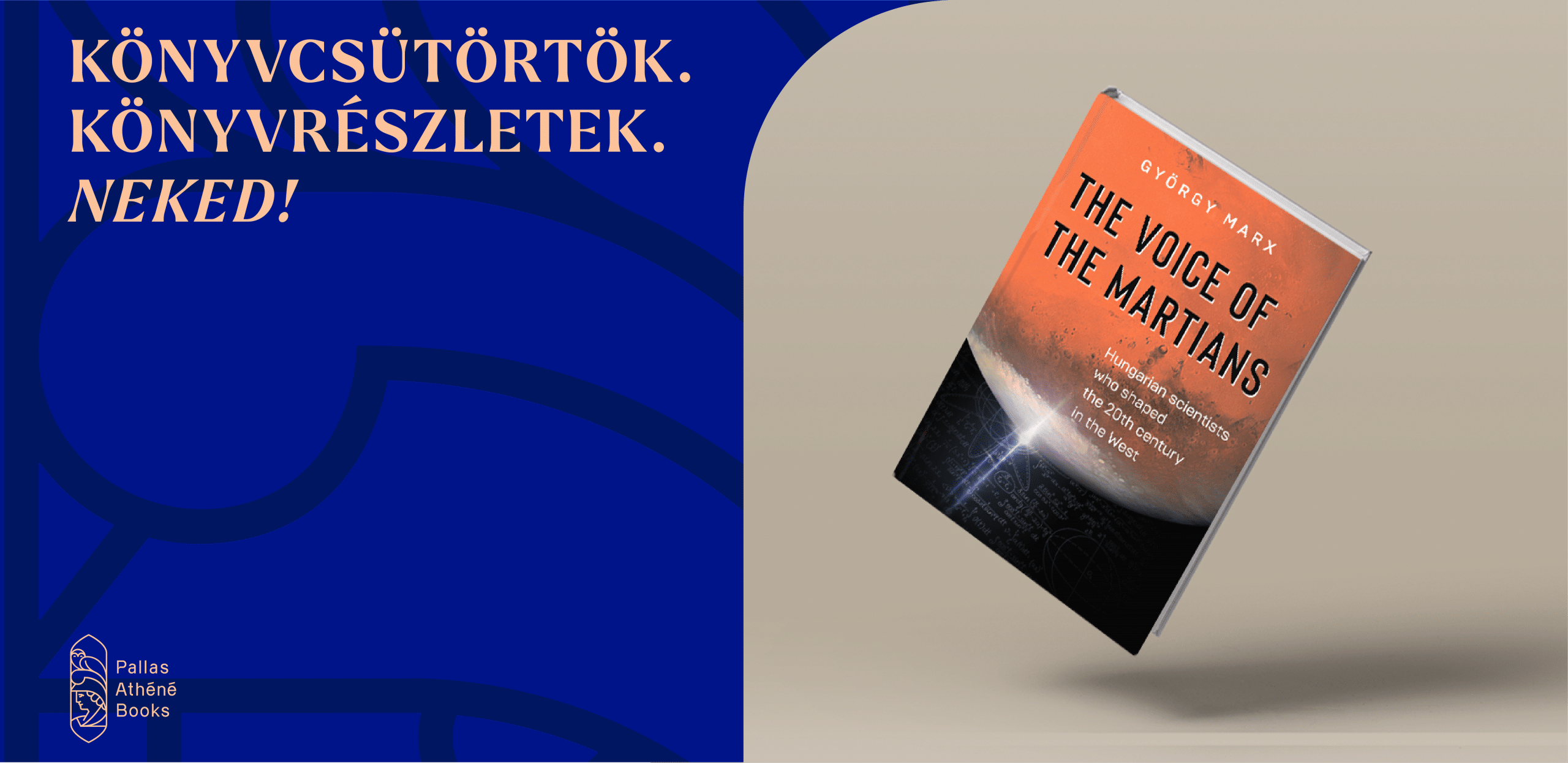What happened in my youth in the first three decades of the 20th century in physics is as beautiful as Renaissance art or Baroque music. Quantum mechanics is much nicer than the development of nuclear weapons. Explaining superconductivity is much harder, more exciting, and more challenging than to think about the military applications of physics. It is our duty to increase our knowledge. I hope that the society in which I live will make meaningful use of the knowledge I have acquired. (E. T.)
Teller did not speak at all in the first three years of his life, then suddenly started communicating in complete sentences. During meals, occasionally he declared, “Please, don’t talk to me, I am thinking on a problem.” Koko (this was his nickname) was not a typical child. Before sleeping, he liked to calculate in his head how many seconds are in a hundred years, or some such. “The most interesting point was that I always obtained a different result.”
He was mercilessly logical. At primary school, during a religion lesson, he was instructed, “In the beginning, God created Heaven and Earth. But who created God?” he asked. “The Serpent, in the Garden of Eden, had been condemned by God to crawl on its belly.” His question came, “How did the serpent get around before that?” His (maternal) grandfather encouraged him, “Never be afraid! You have a head, you have a heart, don’t be afraid of life!” At the age of 12 he thought, “I know that Shakespeare was somebody, but Jules Verne means unquestionably much more for me.” For Teller, the future is always more relevant than the past.
After 1919, the new regime made Károly Oberle the director of the school. Ede (Edward) was 14 years old when at a mathematics lesson, Mr. Oberle worked out an algebraic proof on the blackboard. Ede recalls, “I raised my hand. The teacher asked, ‘Any problem, Teller?’ ‘Sir, I think it can be done in a simpler way.’ I did it and was right. Oberle reacted, ‘So you are a repeater!?’ (one who took the class before but failed).”
This was not the last difficulty Teller’s logic had to meet in his life. Edward’s father, Max Teller, who was an educated prosperous lawyer, was aware of his son’s intellectual potential. He occasionally talked in Greek with his son during dinner. He made him meet the young John von Neumann, Leo Szilard, and Eugene P. Wigner, who were some years older than Edward. He recommended to Edward to enroll at the Budapest University of Technology to study chemical engineering. He attended this university in Budapest from September until Christmas, then at the persuasion of his father, Edward boarded a train to Karlsruhe on January 2, 1926.
The University in Karlsruhe had an excellent school of chemistry, relying on the German industrial giant, I.G. Farben. Edward Teller studied chemistry and mathematics as well until he met Herman Mark. The young professor lectured on quantum mechanics as the new base of chemistry. This was irresistible for Teller. Let us see the impressions of Professor Mark: “Very frequently, during the lecture or at the end of the lecture, this young student would say, ‘Well, I think that was very interesting, but if you don’t mind, I presume what you really wanted to tell us was this,’ and then he explained his own idea with a Hungarian accent, and he was always right.” (There was a symptom typical of Martians: starting with chemistry, then arriving at physics through mathematics.) When the summer holiday arrived, Edward rushed home, happily seeing János Hill from the window of the train, indicating the arrival in Budapest. He even made a rhyme about it: Aki Karlsruhéban szenved éveken át, vonatból látja meg János-hegy szent ormát.
A szövegrészlet György Marx: The Voice of the Martians című könyvéből származik.
A kötet megvásárolható a webshopunkban.







